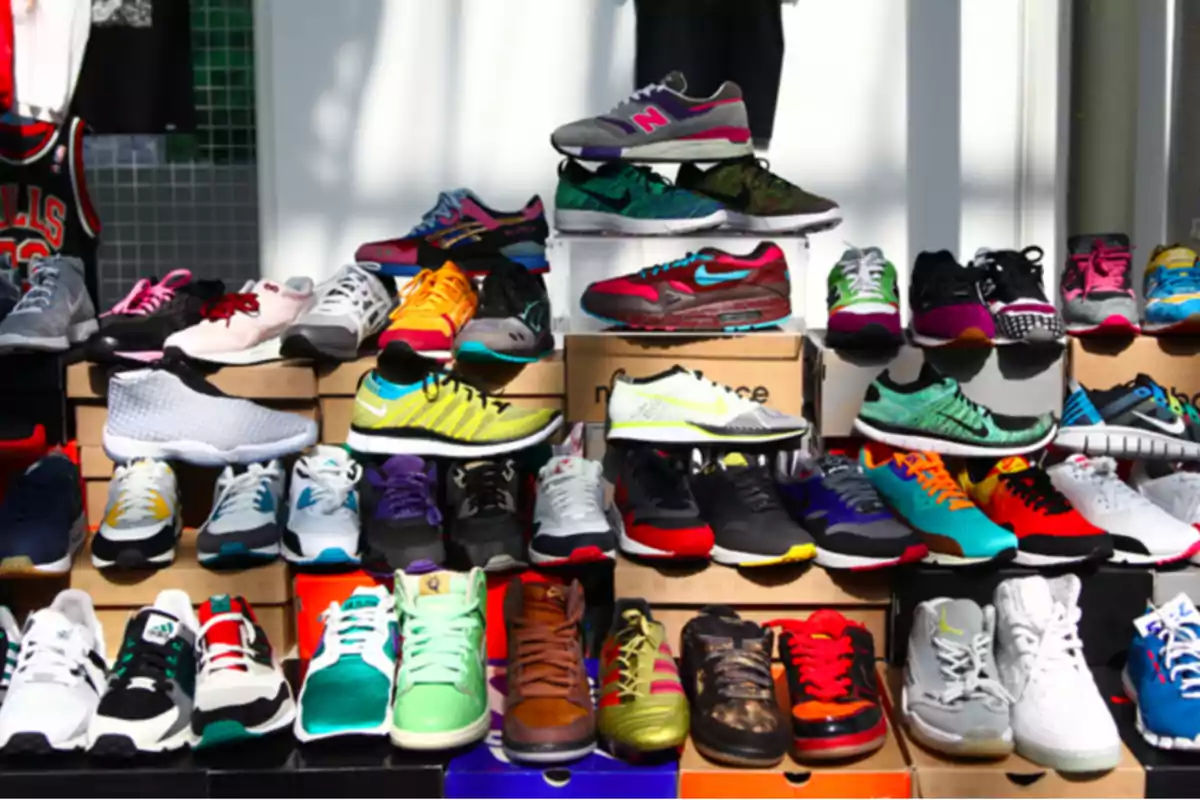
Imports and disinflation pressure local brands to lower prices
In this new paradigm, companies have to start thinking about lowering profitability in order to compete
The slowdown in inflation is changing the commercial strategies of multiple sectors. In recent days, announcements of price reductions have multiplied, reflecting a context in which installments lose prominence as an incentive and stock rotation becomes a priority to sustain sales levels.
One of the most significant cases is Aluar, which announced a decrease in aluminum prices for the domestic market. The decision, which directly impacts sectors like construction, is partly due to the greater local availability of the product, after the United States imposed a 10% tariff on aluminum exports. The company opted for an aggressive pricing policy to increase its shipments.
The strategy extends to more sectors
The phenomenon is not limited to aluminum. Clothing, footwear, toys, housewares, and decoration have also started to show discounts in shop windows, aiming to compete with imported products of equal or higher quality and, in many cases, cheaper. Part of this external pressure is explained by the increasing entry of foreign merchandise, a trend expected to intensify in the second half.

A clear signal was the massive Argentine participation in the Guangzhou fair, China, where numerous entrepreneurs traveled to import products. Although the arrival of these goods is not immediate, it is expected that from July, their concrete effects will begin to be seen in the local market.
Cars, cell phones, and digital consumption also adjust
The elimination of the PAIS tax had an almost immediate effect on the prices of imported cars, which dropped and drove a strong sales rebound: April closed with 54,000 units sold, the best performance in seven years for that month.
In the case of cell phones, a similar adjustment is anticipated with the gradual reduction of tariffs that will come into effect next week. However, they are still expected to remain more expensive than in most international markets.

Meanwhile, this week's Hot Sale demonstrated how aggressive promotions remain key: 90% of products were sold at a discount and half of the purchases were financed.
New logic: sell quickly, even with lower profitability
With more controlled inflation, consumers compare prices more precisely, forcing companies to keep their values aligned with the competition. Accumulating stock, a common strategy in inflationary contexts, is no longer profitable. Today, the goal is to sell faster, even if it means lower margins per unit.
A textile industry entrepreneur summarized the paradigm shift to Infobae: "Installments no longer have the same impact as before. Now the incentive has to be a direct price reduction."
Looking ahead to the coming months, disinflation is expected to continue consolidating. For May, private projections anticipate an index of around 2%, following the 2.8% recorded in April.
More posts: